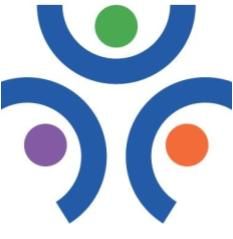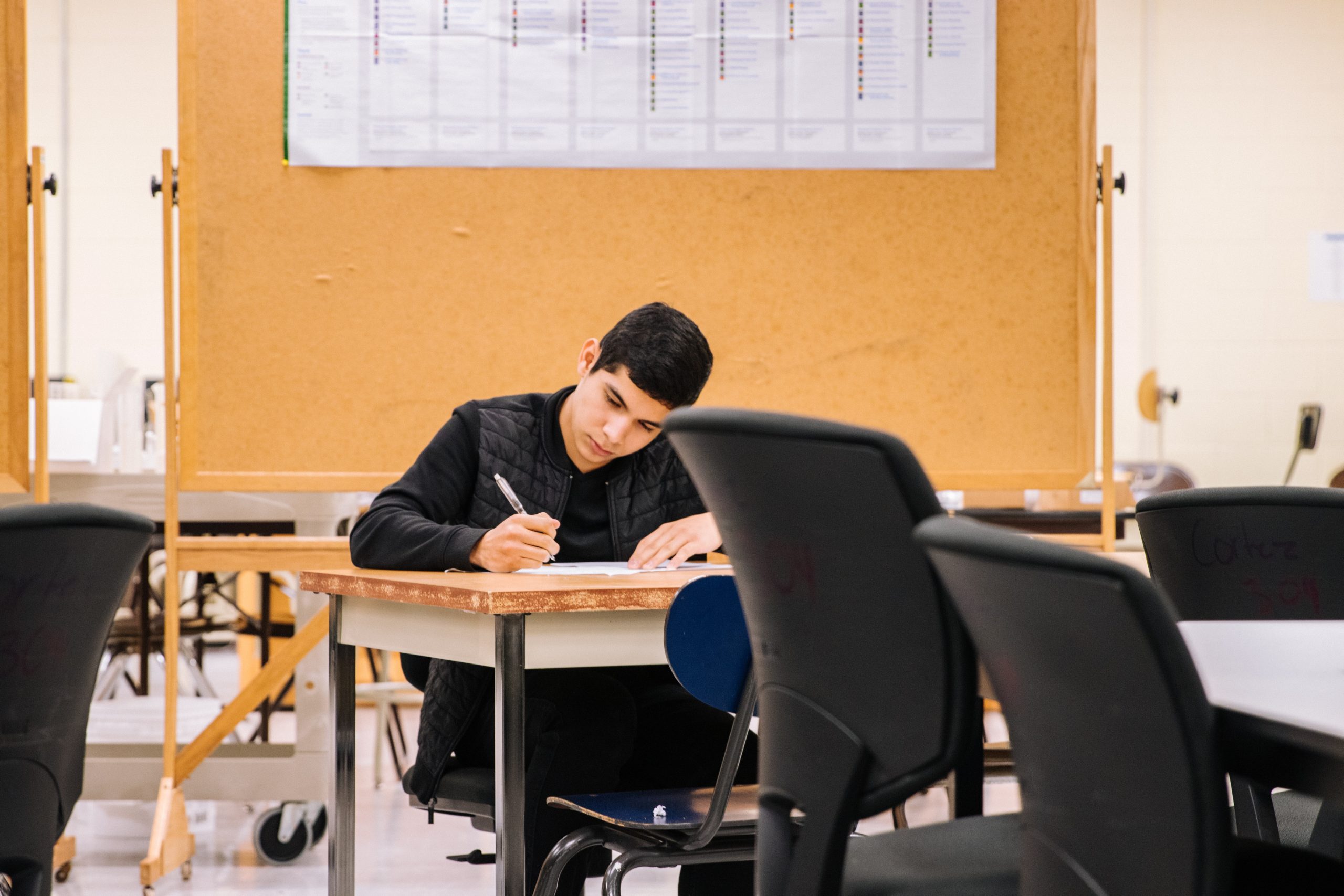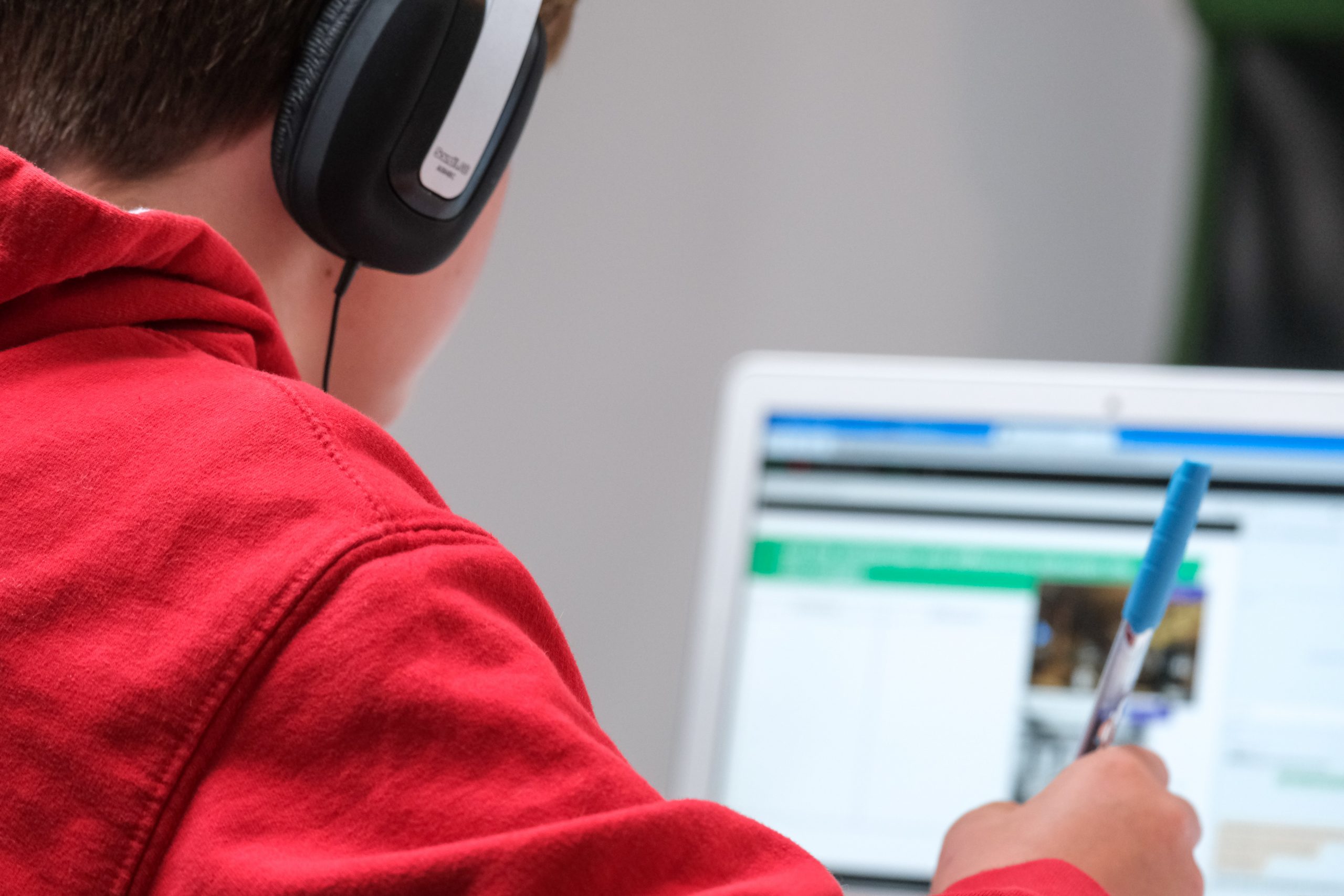Unlike its inverse (dyslexia), dyscalculia is not commonly discussed amongst educators and very rarely represented in media. The result is that this condition remains notoriously misunderstood. Myths and stereotypes abound, with plenty of people mistakenly believing that it is simply “math dyslexia,” or while the reality is more complex.
For a child with dyscalculia, math is not just boring: it is fundamentally confusing. They find it difficult to comprehend complex concepts such as large numbers, algebra, and sequences, leading to challenges with more advanced mathematical problems in the later grades.
Early Intervention and Effective Teaching Strategies
While the causes of the disorder remain largely unknown, some neuroscientists believe that it can result from inadequate synaptic pruning in early childhood, or the process of building neural pathways that lay the foundational understanding of how mathematics work.
Early intervention for dyscalculia, as with any learning disability/difference, is crucial. Classroom accommodations, especially when combined with one-on-one instruction and a low teacher-to-student ratio, are an excellent way to proactively assist the child with math learning challenges.
Some Strategies for Educators
Children with dyscalculia often find it difficult to connect mathematical problems to real-world situations, so practical application is highly beneficial for them. These can be replicated in the classroom either through tangible means, such as graph paper and coins, or prompted by explaining circumstances where this knowledge could be applied.
Many parents and public educators lack the knowledge, and certainly the resources, necessary to ensure a child with dyscalculia is able to succeed in the classroom and in their post-secondary endeavors. A comprehensive understanding of the condition, including its symptoms, causes, and treatment, is crucial for parents and teachers.
If your child has received a dyscalculia diagnosis and you are seeking alternatives to the traditional education system, Lake Michigan Academy is staffed with special education teachers who are well versed in the specific needs of students with various learning disabilities/differences, including dyscalculia.






